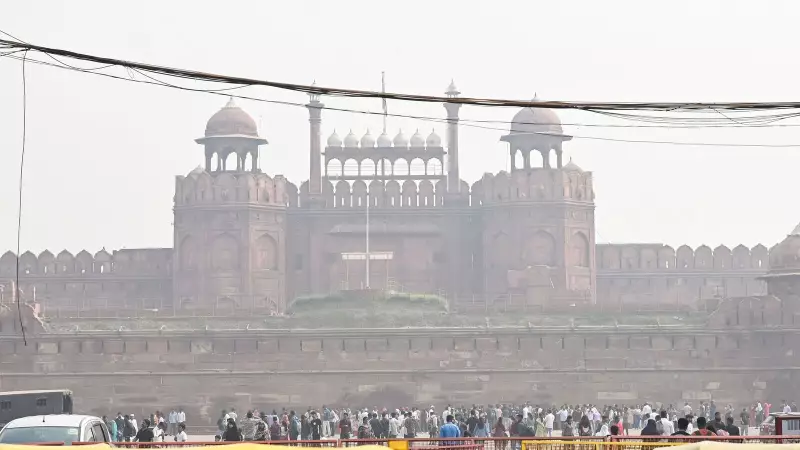
Delhi's air quality has plunged to alarming levels, with the Air Quality Index (AQI) touching 320, firmly placing it in the 'Very Poor' category. This toxic blanket covering the national capital is triggering a significant health emergency across the city.
Hospitals Overwhelmed with Pollution-Related Cases
Major hospitals in Delhi are reporting a staggering 30% increase in patients suffering from pollution-induced health complications. The toxic air is particularly affecting two vulnerable groups: those with pre-existing respiratory conditions and pregnant women.
Respiratory Distress on the Rise
Medical facilities are witnessing a surge in cases involving:
- Severe asthma attacks
- Chronic bronchitis flare-ups
- Persistent coughing and throat irritation
- Breathing difficulties requiring emergency care
Pregnancy Complications Spike
Perhaps more alarming is the 30% increase in pregnancy-related complications linked to air pollution. Doctors are observing:
- Increased risk of preterm deliveries
- Low birth weight cases
- Pregnancy-induced hypertension
- Respiratory issues in newborns
Doctors Issue Stern Warning
Medical professionals are urging citizens, especially vulnerable groups, to take immediate precautions. Pregnant women, children, elderly citizens, and those with existing respiratory or cardiac conditions are advised to limit outdoor exposure and wear N95 masks when venturing outside.
The current AQI level of 320 poses serious health risks even to healthy individuals, with potential long-term consequences including reduced lung function and increased susceptibility to respiratory infections.
What Makes Delhi's Air So Dangerous?
The toxic cocktail includes:
- Vehicle emissions
- Construction dust
- Industrial pollution
- Stubble burning from neighboring states
- Meteorological conditions trapping pollutants
As Delhi continues to grapple with this annual environmental crisis, healthcare experts emphasize that immediate protective measures and long-term policy interventions are crucial to safeguard public health.





